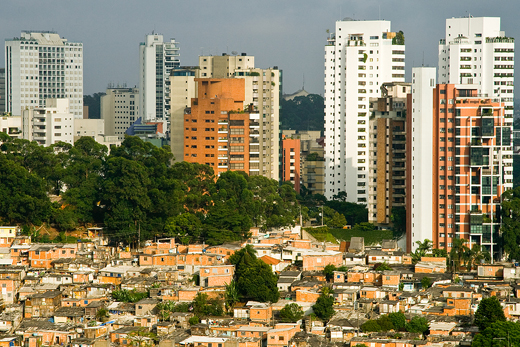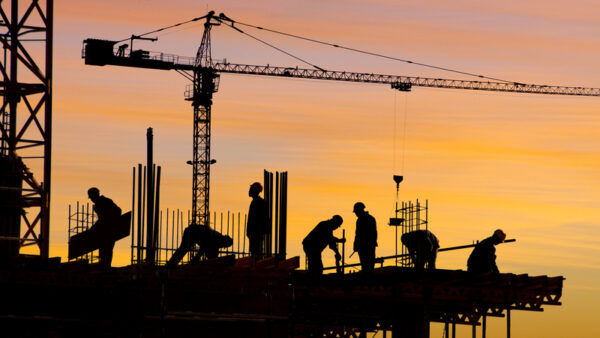By Ruban Selvanayagam in Brazil

Over four years ago, at the onset of the global crisis and the crumbling of developed-world property markets, attention switched to the “emerging” nations, key among them Brazil, with its enviable GDP growth, its supposed “new middle class” with money to spend, and its untapped mortgage market. As South America’s largest economy powered ahead apparently immune to the crisis, this broadly justifiable hype was followed by an intensive boom in construction, a sector that for many decades had been in the doldrums.
But instead of clever, sustainable adaptations to the promising new economic landscape, a speculative attitude rolled out in full force and, from late 2011, reports appeared of developers being unable to handle their lightening-quick expansion plans.
Reality bit back amid bankruptcies, disastrous partnerships, contractual breaches and record levels of customer dissatisfaction. Some of the most prominent examples included homebuilder Gafisa, which made a loss of R$1.093bn (US$600m) in 2011, and MRV, a developer that continues to fight accusations of bad and illegal treatment of workers – it gets called “slave labour” in Brazil – on some of its building sites. The accusations have led to the government temporarily suspending MRV’s access to finance under Brazil’s landmark subsidised affordable housing scheme, “Minha Casa, Minha Vida”.

There is little concern for Brazil’s slums
Successful developers doing well are targeting a high-end, niche clientele, where smaller projects with strong margins sell quickly in the wealthy neighbourhoods of Rio de Janeiro, São Paulo and other central urban regions. Companies Rossi and Cyrela are two examples.
But while their shareholders are happy, there remains little concern over the fact that a short distance away lie the cramped urban slums, favelas, overflowing with people who haven’t a hope of stepping on the housing ladder, despite low unemployment, rising incomes and ongoing government subsidies to encourage the low income housing sector. The government may trumpet the new subsidised housing developments, but they tend to be on the peripheries of cities, which makes them far from sustainable.
So while the markets are quoting a construction “recovery” due in 2013, real progress is difficult to see. Instances of developers lowering prices and a growth in auction activity suggests things may not be so rosy. What is clear is that Brazilian housing policy is not looking closely enough at the unhealthy reluctance of mainstream developers to cater to the average Brazilian family, where real and sustainable growth lies.
Based in Brazil, Ruban Selvanayagam is a developer and investment adviser at Fez Tá Pronto construction system






